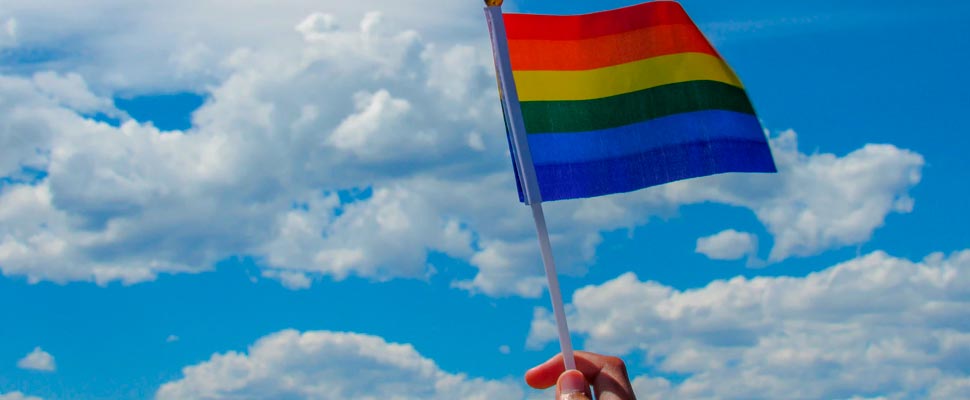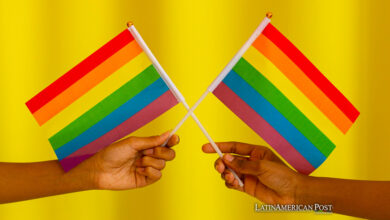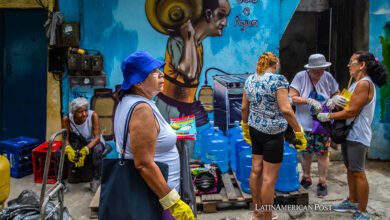Opinion: We are proud, but there is still a long way to go
The celebration of the Pride month reminds us that, despite the progress that has been made, full acceptance is still far away.

The month of June is painted with the colors of the Pride flag, a reminder of the diversity that exists in the world when we talk about sexual orientations and identities. Photo: Unsplash
LatinAmerican Post | Vanesa López Romero
Listen to this article
Leer en español: Opinión: Nos sentimos orgullosos, pero todavía hay un camino largo por recorrer
The month of June is painted with the colors of the Pride flag, a reminder of the diversity that exists in the world when we talk about sexual orientations and identities. But, as much as has been achieved since that June 28, 1969 in Stonewall, today it is clearer than ever that there is a long way to go in terms of rights and acceptance of the LGBTIQ + community . Just look at the transphobia that we currently experience in Latin America. Almost every day there are headlines, often derogatory towards the community, about transgender people abused, beaten or even murdered for the simple fact of allowing themselves to be who they are, for exploring their sexuality.
Also Read: More than half of generation Z gay, bisexual teenage boys report being out to parents
And it is that in the middle of 2021 there are still countries that condemn homosexuality with the death penalty. Not to mention transsexuality or varied gender identities. There is still a lack of representations in the art world of people belonging to the community who do not fall into stereotypes: the gay friend of the protagonist, the transvestite who is the comic relief, the transgender with anger problems or with HIV / AIDS. The girl who did not feel good in her child's body is still condemned socially. There are still parents who demand their children to be "macho". There are still mothers who demand that their daughters must be "ladies".
Acceptance starts in the family
To talk about the problems of society we cannot stop merely pointing to "society ." You have to stop for a moment and review the foundation of any society: the family. It is no secret to anyone that one of the biggest fears that exist when it comes to "coming out" is what the family will say. And of course, there are many occasions when the family shows its support for the community in an open way and those fears are non-existent. But unfortunately there are many who, on the contrary, take the sexuality of their relatives as something extremely personal, as if it were to radically change their individuality.
The way we are taught to behave within our family is reflected in the way we behave when we are part of society. As they would say: everything starts inside the house. People who are homophobic or transphobic are usually the same people who grew up in sexist and conservative homes . Homes where it was more controversial that a cousin was gay or that an aunt had a very close "friend" than the fact that a relative hit and mistreated his wife.
It is not acceptance, it is support
Let's start by asking ourselves, why are we saying "acceptance"? We have so ingrained in our heads the idea of binary gender and that homosexuality is not common that we move around the idea that acceptance is the right thing to do, when it is not about accepting and now, it is about understanding that gender it is fluid, as well as sexual orientation .
Within the family there is much talk about acceptance of relatives belonging to the LGBTIQ + community. Paradigms are also changed from language, from communication. We must stop thinking that everything is about accepting, and start talking about supporting . Support is about understanding that this is a community that has historically been neglected, invisible, and mistreated and doing something about it.
Stop calling your son's or daughter's partner "friend" when talking to people outside the family. Use the correct pronouns for trans or gender non-binary or fluent people. Make use of inclusive language. Those are ways of supporting from language and communication.
Pride can and should also be felt by our family.




